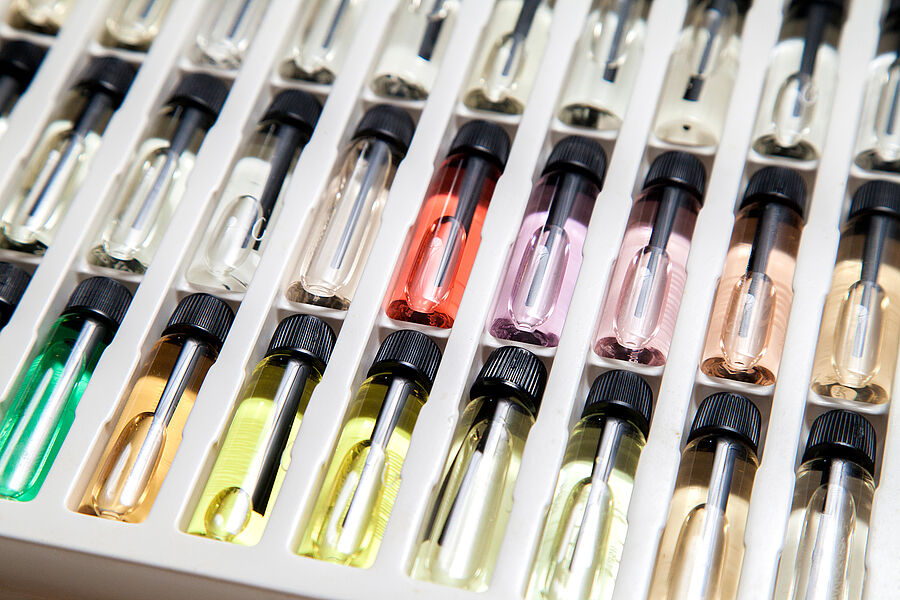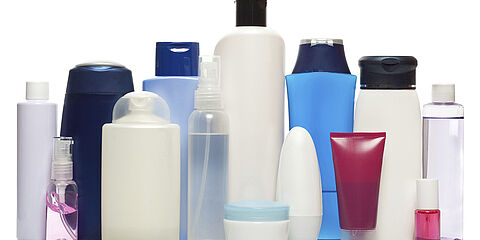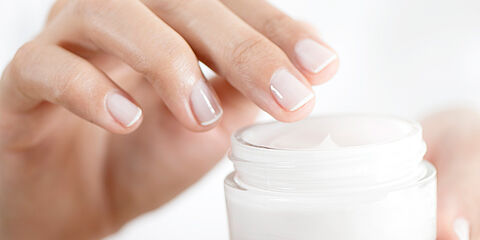Perfume oils in cosmetic products: 51st Amendment to IFRA Standards published
From now on, perfume oil manufacturers must take into account an important amendment of the International Fragrance Association (IFRA) in their formulations: The 51st Amendment to the IFRA Standards was published on 30 June 2023.

For new perfume oils, the bans on ingredients contained therein will already apply from 30.08.2023, with the restrictions on the use of ingredients then from 30.03.2024.
What do these changes mean for existing perfume oils? Here the deadlines run until 30.07.2024 for banned ingredients and until 30.10.2025 for restricted ingredients.
So there may not be much time to adapt all products to these new requirements!
Re-evaluation of 59 substances contained in perfume oil
In the 51st amendment of the standard, which has now been published, a total of 48 new and 11 already restricted substances were re-evaluated. The sensitisation potential, systemic toxicity, phototoxicity and depigmenting properties were taken into account. The changes concern, among others, the substances eugenol, geraniol, farnesol, methyleugenol and estragole, which are frequently found in perfume oil. For them, the maximum use concentrations in perfume oils have been reduced, in some cases significantly.
Documentation and evaluation of perfume oils in cosmetic products
It is well known that perfume oils are complex mixtures of different chemical ingredients. The exact composition usually remains a well-kept secret and is only known to the perfume oil manufacturer itself. In order to ensure that a safe evaluation of the finished cosmetic product containing a certain perfume oil remains possible, the manufacturer must submit several documents to the safety assessor:
- the safety data sheet
- the list of declarable ingredients according to Article 19 Section 1(g) of Regulation (EU) No 1223/2009 - Annex III, position 67 to 92
- a certificate of conformity according to the currently valid standard of IFRA (International Fragrance Association)
- a corresponding Safety Evaluation which, in addition to the IFRA standards, also takes into account the national or European regulatory requirements of Regulation (EU) No. 1223/2009 of the perfume oil for the specific application.
Perfume manufacturers can also find detailed information on the IFRA website.
Safety reports - our service portfolio
Our experts for the safety and quality of cosmetic products know exactly what the legal requirements are for producers and distributors of cosmetic products. With the help of our technical know-how and our many years of expertise, we know what to look out for and can therefore quickly and precisely provide producers and distributors with the documentation (safety report, PID) required for their products.
Safety reports for your consmetics - your contact
- Dr. Sebastian Bertram
- +49 6227 8209-42
- cosmetics@wessling.de




